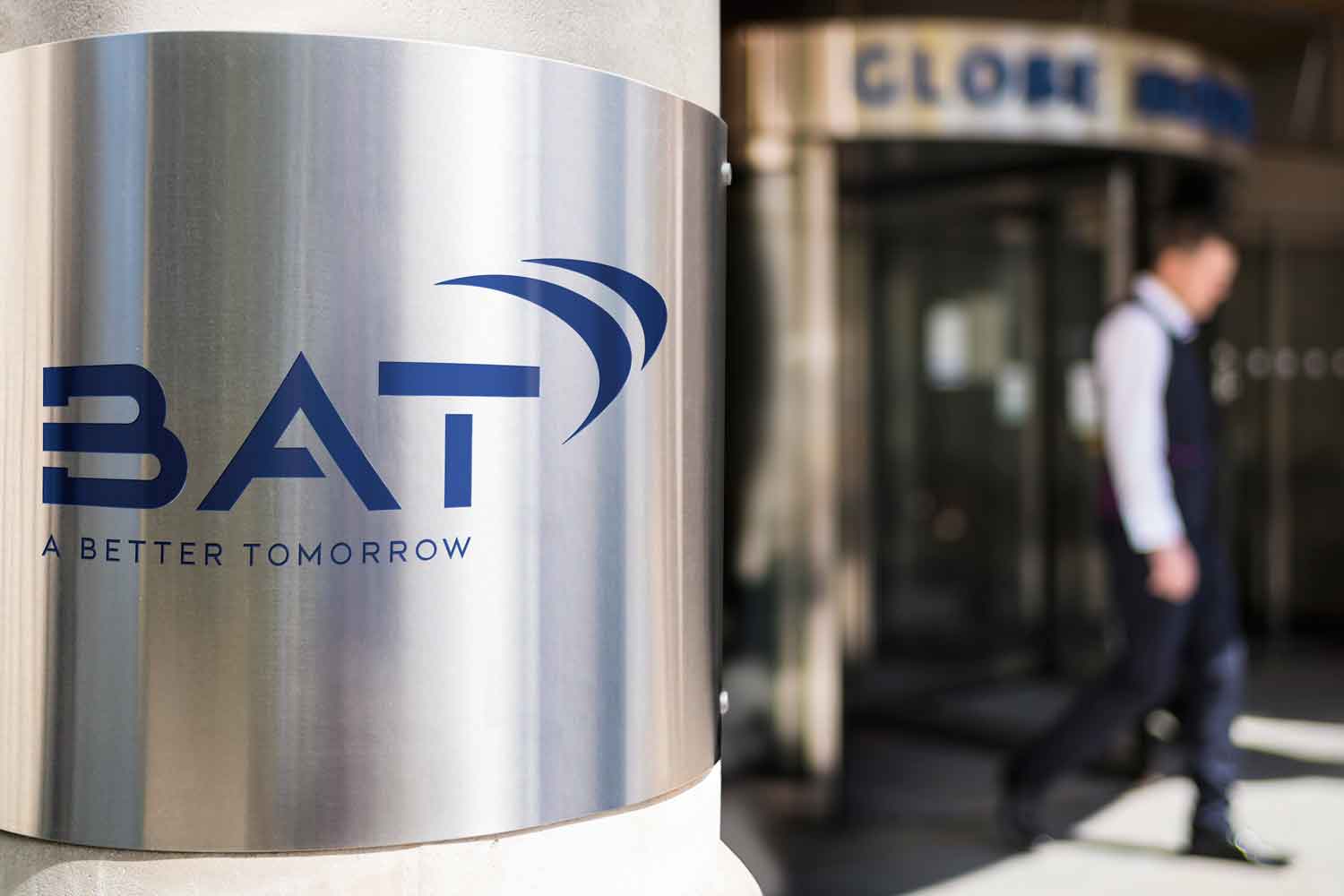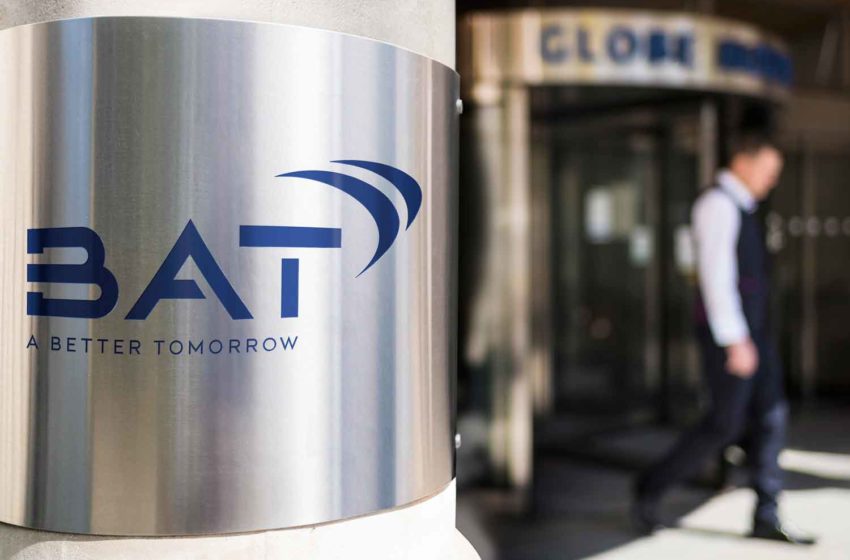
The removal of Juul products would hand the U.S. market to BAT (formerly British American Tobacco), according to Motley Fool.
Juul, which is partly owned by Altria Group, had been the undisputed e-cigarette leader, with a near-80 percent share of the market at the height of its success. The latest Nielsen data puts Vuse’s share at 35.1 percent compared to 33.1 percent for Juul. Third-place NJOY has a 3.1 percent share.
Last year, the U.S. International Trade Commission ruled that Philip Morris International’s IQOS heated tobacco device infringed on BAT’s patents, and that device was prohibited from being imported and sold in the U.S. Altria had partnered with PMI to market and distribute IQOS in the U.S., but the ITC ruling disrupted those plans.
Because Altria shelved its MarkTen e-cigarette brand in favor of partnering with PMI, the ITC ruling leaves it without a vapor product. The FDA has all but wiped out the rest of its investment in Juul. In 2018, Altria paid $12.8 billion for a 35 percent in the vapor company. As of the end of the first quarter of 2022, Altria had reduced the fair value of its Juul position to just $1.6 billion.
If the FDA is successful in eliminating Juul, BAT will essentially have no roadblocks in its way to market dominance.
Vuse turned profitable in the U.S. for BAT in the second half of last year, and it’s been able to grow its share because it discounted the device and the consumables to attract users. Earlier this month, BAT said it was now ready to raise prices on both. With a major competitor removed from the market, this should provide the company with a big boost in profits.
BAT’s vapor revenue grew 59 percent last year to £927 million ($1.14 billion), while its own heated tobacco products, marketed under the Glo brand, saw a 46 percent rise in sales to £853 million.

